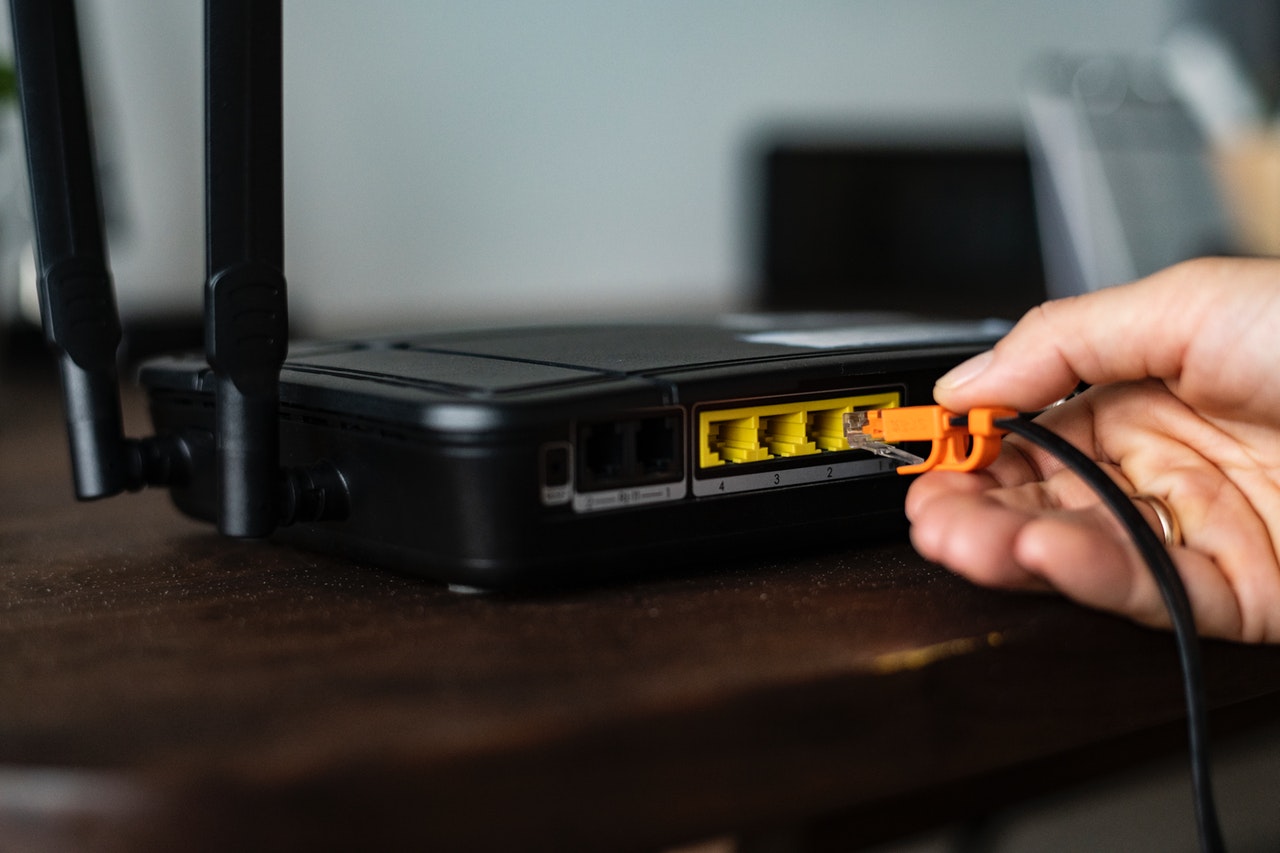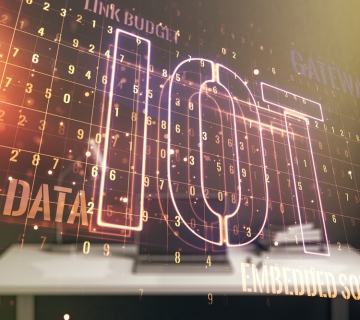The internet has become such an integral part of our lives that we have to rely on it more than we rely on other technologies. One can live without watching TV or playing videogames on the PlayStation, but cannot even imagine spending a day without an internet connection. It is mainly because this phenomenal innovation has now contributed towards many more sides of our lives than we can imagine! Whether we use the internet to keep in touch with friends and families or for telecommuting – its importance is undeniable. Previously, the options used to be limited in terms of the service providers especially for residents but now things are different. Nowadays, internet services are being rendered from our local cable services such as Spectrum that offers customized Spectrum bundle deals. Cellular service providers such as Verizon, T-Mobile, Sprint and AT&T are looking to change all of that by offering residential internet services that were not available before.
5G Internet has Arrived
Due to the emergence and the next iteration of the mobile internet, we are now on the cusp of transitioning from 4G to 5G internet. Recently, Verizon Wireless officially launched a new service known as Verizon 5G HOME in four different cities. It will allow users to connect laptops, smartphones, and television to the internet via a wireless network, which would be broadcasted from a single device.
5G Initial Service Offerings
Having options is great for consumers since competition usually benefits them. For those that still utilize home telephone services and cable services will, unfortunately, have to stick with their current service provider since the 5G home internet solution doesn’t include cable TV services. People who are spoiled by Gigabyte internet speeds should consider this because the 5G network is still new. The network on the norm will offer data speeds up to 300 Mbps; however, limited areas will see gigabyte internet speeds.
Verizon Vs AT&T
Verizon at the moment has already spent billions of dollars for the right to unused radio wave frequencies at the high end. Due to the limitation of the high-end frequencies in terms of their range, their broadcast capacity would be adequate for city blocks and apartment buildings. AT&T, on the other hand, has opted to secure the radio waves on the lower end of the frequency band and is planning to offer an on-the-go solution using traditional cellular towers and networks. Most, if not all, of rural America, has no or limited access to the internet which is where AT&T will truly capitalize on the cost. The costs associated with erecting a cellular tower in close proximity to service a handful of residential customers is not feasible for Verizon.
The Competition between Cellular Services
Interesting enough is the fact that Spectrum also happened to launch their own iteration of cellular services for both voice and data service, which also happens to be powered by Verizon’s 4G cellular network. Charter also plans to offer 5G internet using a cell which would be attached to their existing wireless network in the future to render the services. The most interesting concept is that current residential internet customers can avail a discount when subscribing for cellular services provided by Spectrum. When compared to the service offering for Verizon 5G HOME Internet and the discount provided to its existing cellular customer for bundling services together, it’s essentially the same thing. The main difference between the two providers is the fact that Spectrum has greater penetration and is able to cater to a large area for residential services whereas Verizon has a greater consumer base of cellular customers but limited residential internet services when compared to Verizon 5G HOME, which is further balanced with its existing Verizon FIOS consumer base.
The Internet and Downtime
The thing about cable-based broadband services is that they are rendered over a wired network, which means more reliability as compared to a cell-based network solution. A downside of this connection is that if a cable wire is damaged, the customer is left without service resulting in a domino-like effect. However, when cellular services go down its more like a highway car pileup compared to the domino effect. It’s not only a few that are left without service but everyone in that particular area. The best example of this would be trying to use your cellular services during a concert where the network has become so congested that it is nearly impossible to make a phone call or use the internet.
The Things That Really Matter
Cable-based internet is also more cost-effective when compared to cellular services since cable companies are able to offer a variety of internet speeds that cater to different usages. Apart from that, one can find better quality and quantity with cable services because they are economical as well as versatile when it comes to the deals they are able to offer.
At the end of the day, all a person wants is a stable high-speed internet connection that is cost effective and reliable. All internet service providers need to realize that customer services is in fact what builds brand loyalty. No one would mind paying a slight premium if they had to spend less time and energy on the phone, contacting their service provider when the internet no longer works.


